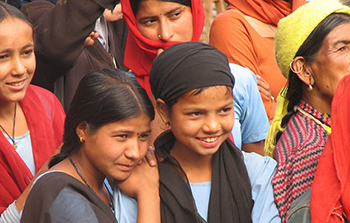 « On this World Population Day, I urge all Governments, businesses and civil society to support and invest in teenage girls. Everyone deserves the benefits of economic growth and social progress. Let us work together to ensure a life of security, dignity and opportunity for all. » Secretary-General Ban Ki-moon
« On this World Population Day, I urge all Governments, businesses and civil society to support and invest in teenage girls. Everyone deserves the benefits of economic growth and social progress. Let us work together to ensure a life of security, dignity and opportunity for all. » Secretary-General Ban Ki-moon
2016 Theme: Investing in teenage girls.
In 1989, the Governing Council of the United Nations Development Programme recommended that 11 July be observed by the international community as World Population Day, a day to focus attention on the urgency and importance of population issues. This year’s theme is ‘Investing in teenage girls.’
Teenage girls around the world face enormous challenges. Many are considered by their communities or parents to be ready for marriage and motherhood. Many are forced from school, damaging their future prospects. Even among girls who stay in school, access to basic information about their health, human rights and reproductive rights can be hard to come by, leaving them vulnerable to illness, injury and exploitation. These challenges are exacerbated among marginalized girls, such as members of ethnic minorities or those living in poverty or remote areas. Yet when teenage girls are empowered, when they know about their rights and are given the tools to succeed, they become agents of positive change in their communities.
UNFPA’s programmes aim to end child marriage, curb adolescent pregnancy, and to empower girls to make informed choices about their health and lives. In 2015 alone, UNFPA programmes helped 11.2 million girls between ages 10 and 19 gain access to sexual and reproductive health services and information.

 With as many as 640 million guns circulating in the world today, approximately one per every ten persons, the fear of and threat to civilians posed by small arms and light weapons (SALW) cannot be overstated. With this in mind, governments, international organization and NGOs around the world mark 9 July as the International Gun Destruction Day.
With as many as 640 million guns circulating in the world today, approximately one per every ten persons, the fear of and threat to civilians posed by small arms and light weapons (SALW) cannot be overstated. With this in mind, governments, international organization and NGOs around the world mark 9 July as the International Gun Destruction Day. there, at the back of our minds but with little bearing on how we live from day to day…
there, at the back of our minds but with little bearing on how we live from day to day…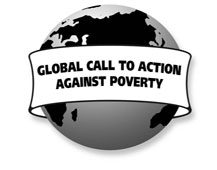 Global Call to Action Against Poverty
Global Call to Action Against Poverty We could easily have missed it! Yes, I mean the text for our reflection this Sunday (14th Sunday, Year C). The 1st reading is that of Isaiah 66:10-14. The book of the prophet Isaiah has exactly 66 chapters and the last one has 24 verses in all. So our reference for this Sunday comes… very late in the book and someone who has gone through all the previous contents could be forgiven to ‘forget’ the very last section. But then, that person would miss… a jewel!
We could easily have missed it! Yes, I mean the text for our reflection this Sunday (14th Sunday, Year C). The 1st reading is that of Isaiah 66:10-14. The book of the prophet Isaiah has exactly 66 chapters and the last one has 24 verses in all. So our reference for this Sunday comes… very late in the book and someone who has gone through all the previous contents could be forgiven to ‘forget’ the very last section. But then, that person would miss… a jewel!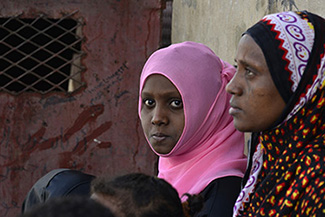
 Reading the gospel text for this Sunday (Lk.9:51-62, 13th Sunday, Year C) someone could explain with a touch of humour: “This is a mixed bag!” Indeed, we find in those few verses all kinds of ideas. More than one theme is presented to our reflection:
Reading the gospel text for this Sunday (Lk.9:51-62, 13th Sunday, Year C) someone could explain with a touch of humour: “This is a mixed bag!” Indeed, we find in those few verses all kinds of ideas. More than one theme is presented to our reflection: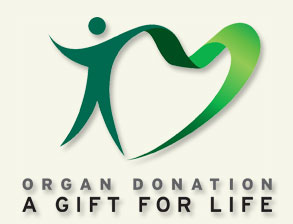 Worldwide, thousands of people suffer or die waiting for an organ. While the majority of the population favors organ donation and transplantation, for a variety of reasons the potential of organ donation is still underexploited.
Worldwide, thousands of people suffer or die waiting for an organ. While the majority of the population favors organ donation and transplantation, for a variety of reasons the potential of organ donation is still underexploited. Amyotrophic lateral sclerosis (ALS, also known as Lou Gehrig’s disease) is a specific disorder that involves the death of neurons that control voluntary muscles. In a number of countries, the term motor neurone disease (MND) is commonly used, while others use that term for a group of five conditions of which ALS is the most common. ALS is characterized by stiff muscles, muscle twitching, and gradually worsening weakness due to muscles decreasing in size. This results in difficulty speaking, swallowing, and eventually breathing.
Amyotrophic lateral sclerosis (ALS, also known as Lou Gehrig’s disease) is a specific disorder that involves the death of neurons that control voluntary muscles. In a number of countries, the term motor neurone disease (MND) is commonly used, while others use that term for a group of five conditions of which ALS is the most common. ALS is characterized by stiff muscles, muscle twitching, and gradually worsening weakness due to muscles decreasing in size. This results in difficulty speaking, swallowing, and eventually breathing.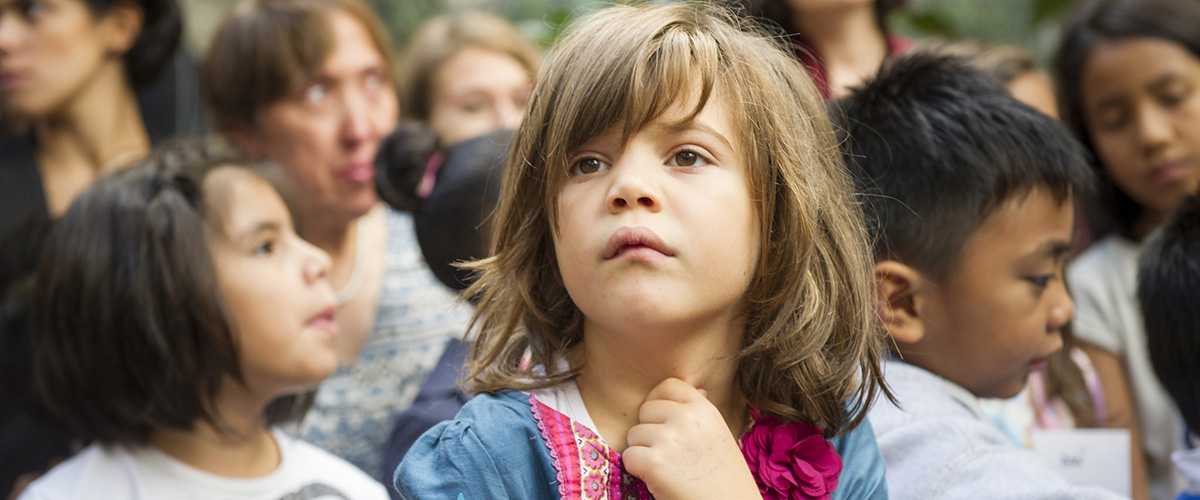 petition will be delivered to UN headquarters in New York ahead of the UN High Level Meeting on Refugees and Migrants, scheduled for the 19th September. The petition asks governments to:
petition will be delivered to UN headquarters in New York ahead of the UN High Level Meeting on Refugees and Migrants, scheduled for the 19th September. The petition asks governments to: